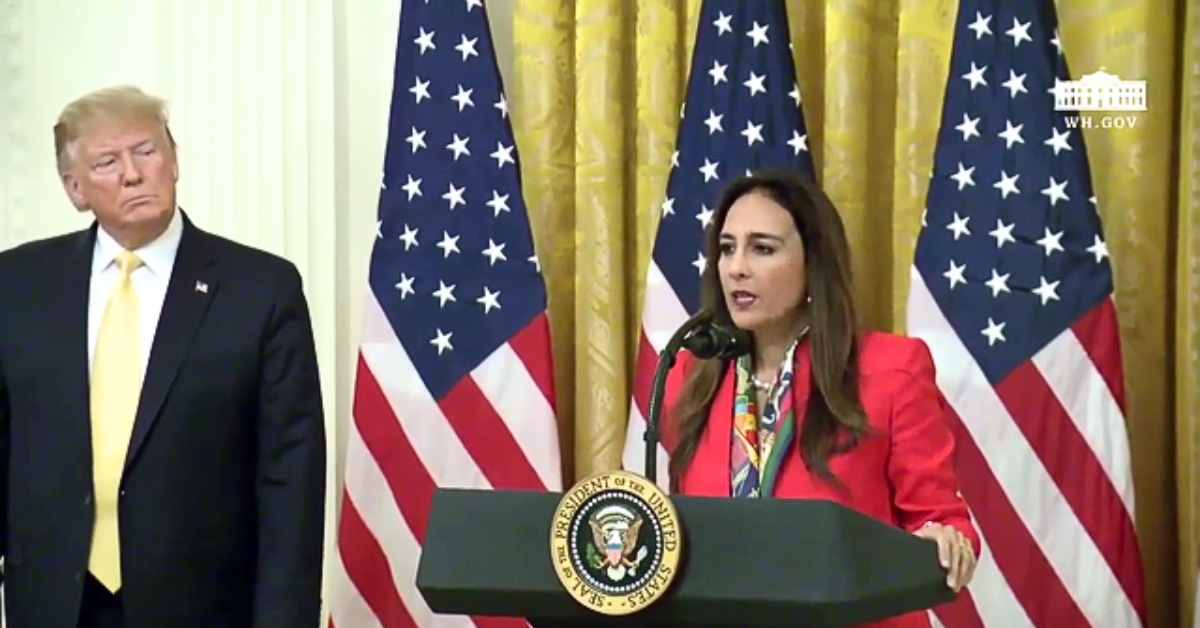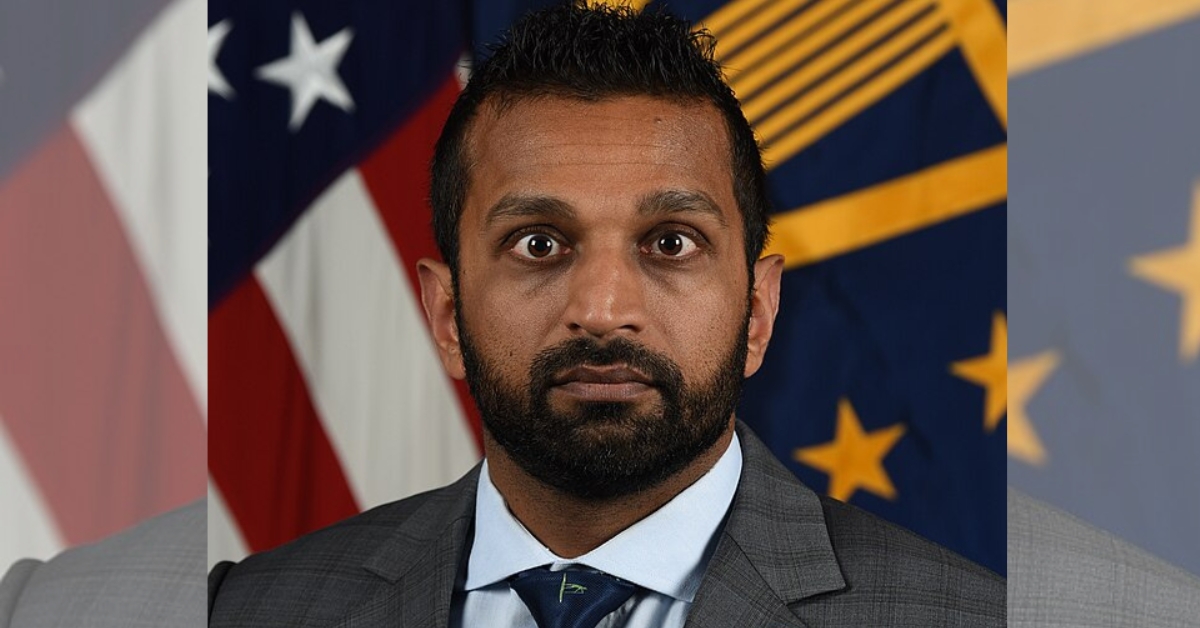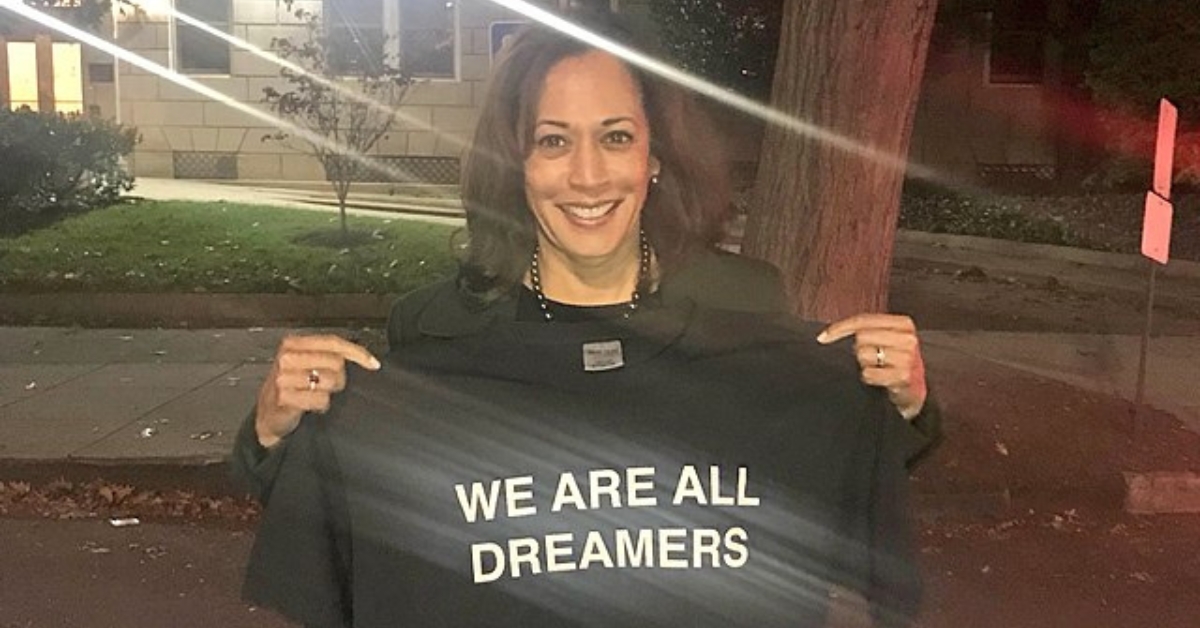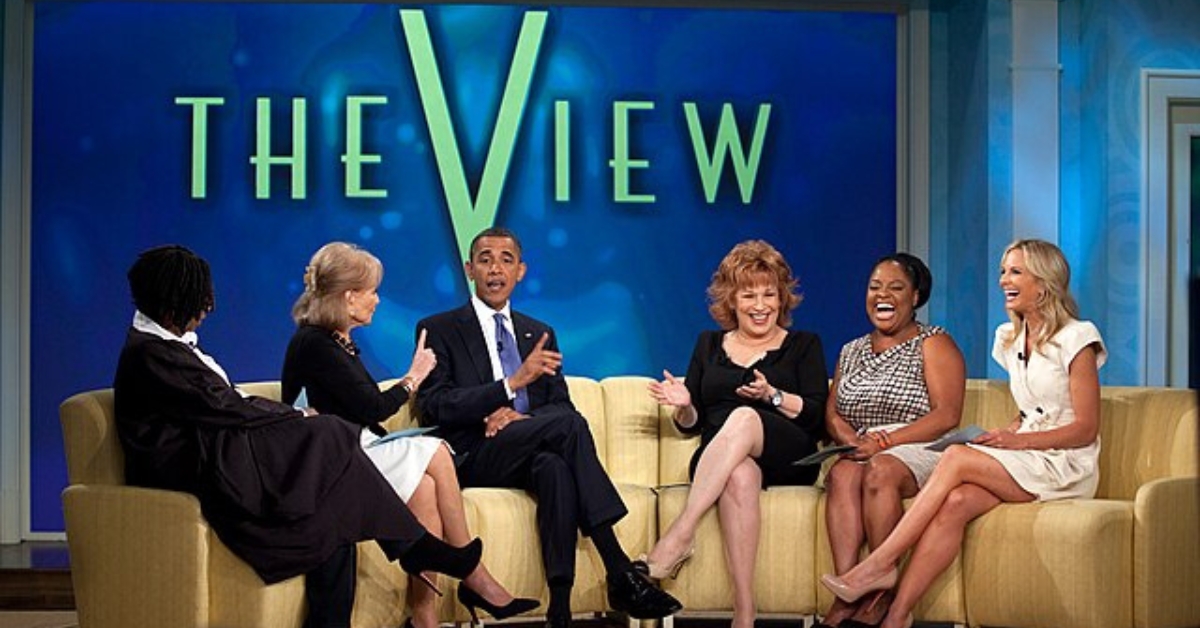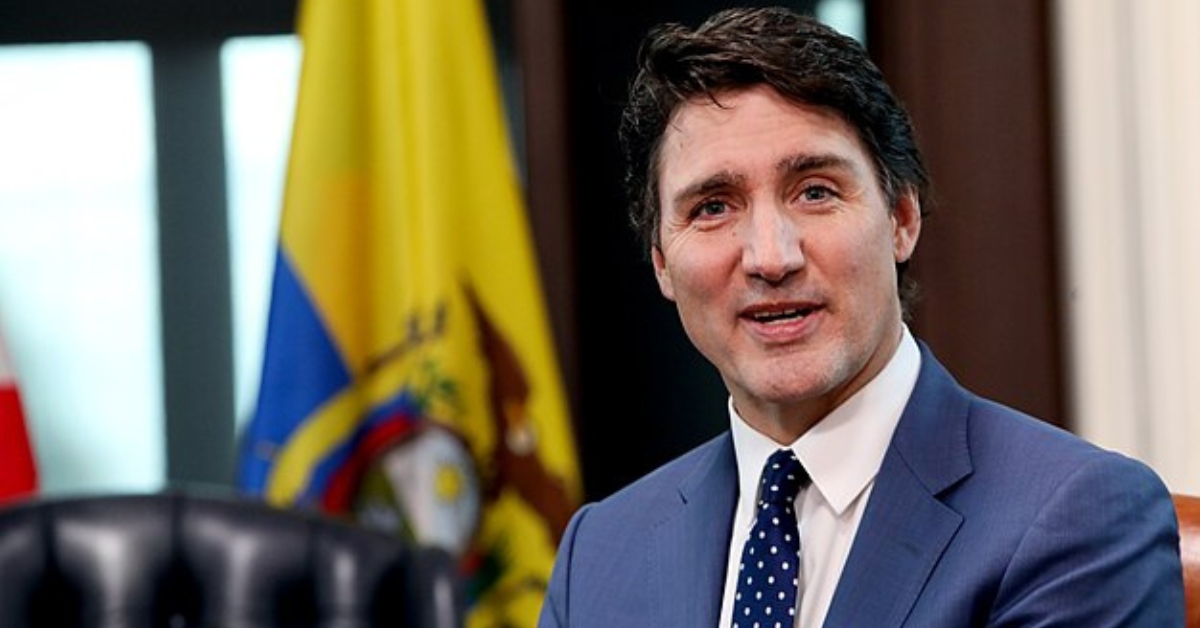
Biden’s Debate Requirements Reveal He Is Afraid of Losing
Joe Biden, in a clear display of playing defense, has proposed two debate dates against former President Donald Trump, strategically opting for the safe confines of a television studio over the unpredictability of a live audience. This maneuver underscores a deliberate effort to shield Biden from the immediate reactions of the public, suggesting a deep-seated fear within his campaign of how real-time feedback will reveal how Americans really feel about him.
By circumventing the Commission on Presidential Debates, Biden and his team are sidestepping a historically neutral setup in favor of left-leaning networks such as CNN and ABC, scheduled for June and September. This choice is telling—it reveals a calculated attempt to create a favorable environment, knowing all too well that when faced with the unscripted dynamism of Trump, Biden will be a failure. The decision to avoid a live audience and to handpick broadcaster allies clearly signals that Biden’s camp is using every possible tactic to save face and cushion the potential impact of his anticipated underperformance in the debates.
Even further, the Biden campaign also seeks to exclude independent candidate Robert F. Kennedy from the debates, arguing for a duopoly that keeps the stage clear for a direct confrontation between Biden and Trump. This move could be seen as a tactic to streamline the narrative and avoid unexpected challenges from third-party voices that might disrupt a carefully curated dialogue for Biden.
As Biden braces for the upcoming debates, there’s mounting speculation that he’ll need more than just a favorable lineup of media partners. Observers can’t help but recall Biden’s performances at events like his State of the Union address, where his fluctuating energy levels left many convinced he’s bolstering his stamina with stimulants. Indeed, it wouldn’t be surprising if Biden turns to pharmaceutical aids like Adderall to keep up with Trump, who is known for his relentless energy and sharp attacks. Watch for Biden’s post-debate condition; if we see a significant crash, it could be a telltale sign of his reliance on chemical sharpness to manage through these critical debates.
The upcoming debates are not just a test of political acumen; they are a meticulously staged media spectacle, custom-designed to insulate Biden from the raw unpredictability of live audience reactions and to cast him in the most flattering light possible. Clearly, Biden is scared. He’s pulling every trick out of his sleeve to manufacture a setting where he might stand a chance to look sharper and more coherent than he actually is. The careful selection of host networks and the stringent debate conditions are nothing short of a safety net for Biden, who seems desperate to avoid the kind of unscripted moments that could reveal more than his handlers would like. This strategy, marked by an air of excessive caution, underscores a deep-seated anxiety within the Biden campaign—a fear of losing grip on the carefully curated narrative they’ve clung to in a deeply divided political landscape.
